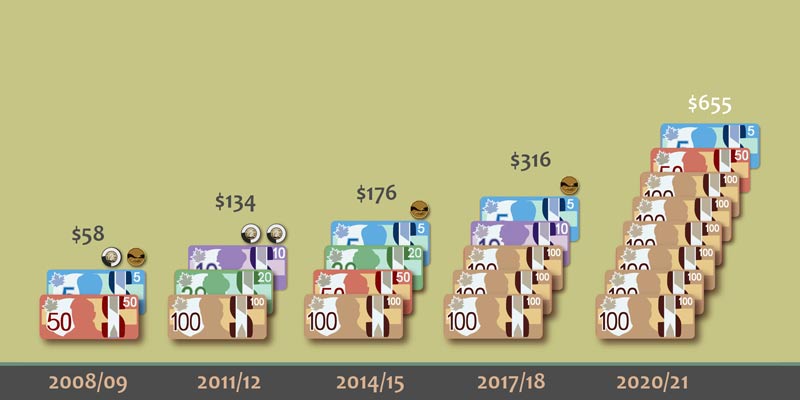 Executive Summary
Executive Summary Read the Full Publication
Read the Full Publication Introduction
Introduction Chapter 1 - The Connection between Entrepreneurship and Economic Prosperity: Theory and Evidence
Chapter 1 - The Connection between Entrepreneurship and Economic Prosperity: Theory and Evidence Chapter 2 - The Effect of Demographic Trends on Entrepreneurship Rates: Theory and Evidence
Chapter 2 - The Effect of Demographic Trends on Entrepreneurship Rates: Theory and Evidence Chapter 3 - Small Business Entry Rates, Demography, and Productivity Performance in Selected Developed Countries
Chapter 3 - Small Business Entry Rates, Demography, and Productivity Performance in Selected Developed Countries Chapter 4 - Taxation and Entrepreneurship
Chapter 4 - Taxation and Entrepreneurship Chapter 5 - Spurring Entrepreneurship through Capital Gains Tax Reform
Chapter 5 - Spurring Entrepreneurship through Capital Gains Tax Reform Chapter 6 - Financial Markets, Laws, and Entrepreneurship
Chapter 6 - Financial Markets, Laws, and Entrepreneurship Chapter 7 - Universities and the Entrepreneurship Ecosystem
Chapter 7 - Universities and the Entrepreneurship Ecosystem Chapter 8 - Liberty’s Unfinished Business: How to Eliminate Political Barriers to Global Entrepreneurship
Chapter 8 - Liberty’s Unfinished Business: How to Eliminate Political Barriers to Global Entrepreneurship Chapter 9 - Immigrant Entrepreneurship: Drivers, Economic Effects, and Policy Implications
Chapter 9 - Immigrant Entrepreneurship: Drivers, Economic Effects, and Policy Implications Chapter 10 - The Bourgeois Deal: Leave Me Alone, and I’ll Make You Rich
Chapter 10 - The Bourgeois Deal: Leave Me Alone, and I’ll Make You Rich About the Authors
About the Authors View the Infographic - Decline in Key Entrepreneurial Age Group
View the Infographic - Decline in Key Entrepreneurial Age Group View the Infographic - Decline in Entrepreneurship
View the Infographic - Decline in Entrepreneurship View the Infographic - Government Incentives for Entrepreneurs
View the Infographic - Government Incentives for Entrepreneurs View the Infographic - Entrepreneurship and Innovation
View the Infographic - Entrepreneurship and Innovation Read the News Release - Canada
Read the News Release - Canada Read the News Release - U.S.
Read the News Release - U.S.






